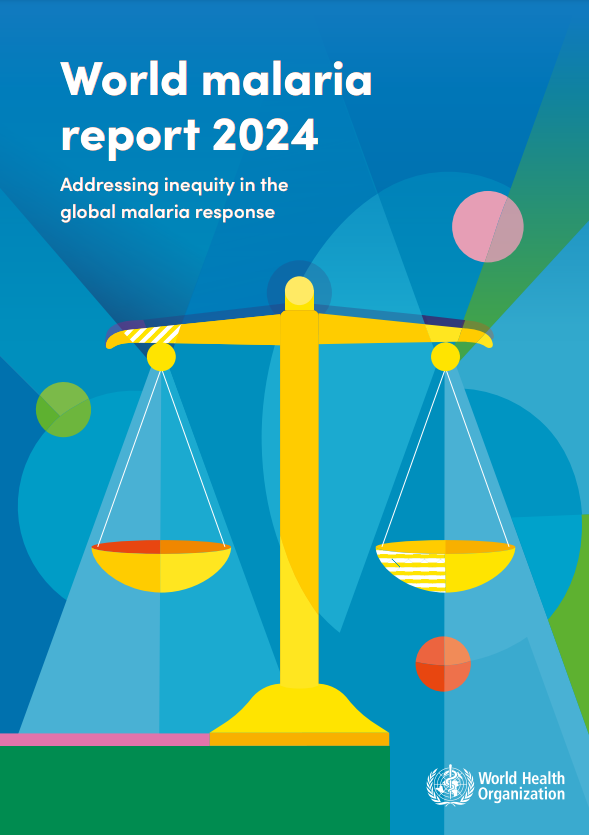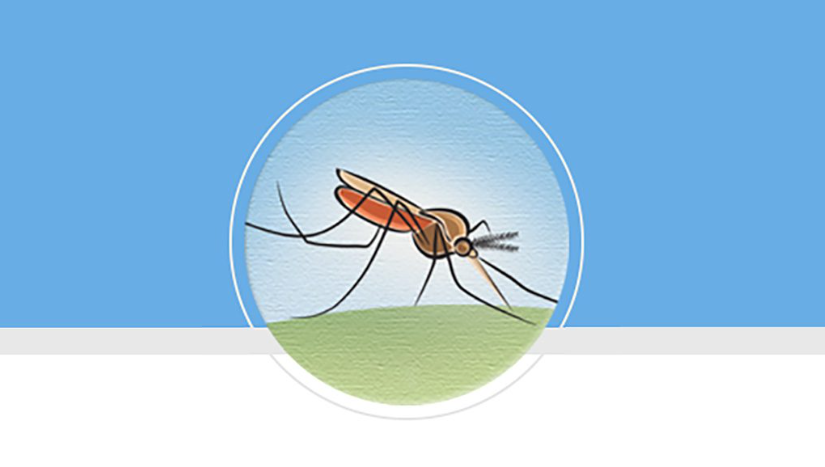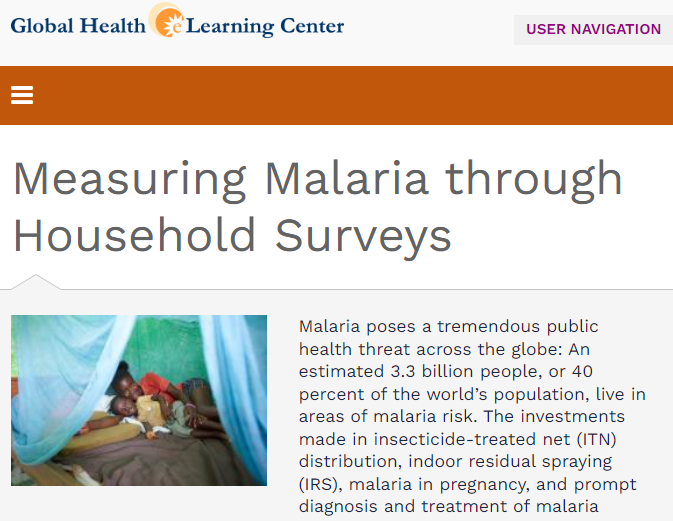Last Updated: 02/12/2024
Does broadly cross-reactive and neutralizing IgG target complex epitopes not present in small vaccine antigens?
Objectives
This project will test a hypothesis that can explain why the placental malaria (PM) vaccine failed even though natural exposure to PM induces protective immunity.
Malaria is a severe infectious disease costing hundreds of thousands lives of children and pregnant women annually. It is by now quite clear how these parasites cause malaria in pregnant women and how immunity to placental malaria (PM) works. This has raised hope that vaccination to protect women and their unborn children from PM is feasible. However, the experimental PM vaccines tested so far do not have the characteristics needed for such vaccines to work, and similar PfEMP1-based vaccines being developed to protect children against severe malaria will likely face comparable problems. The hypothesis is supported by published evidence and by our preliminary data. If correct, it will marked improve our understanding of immunity to malaria, and indeed to infectious diseases in general, and enable improved vaccination strategies.
Jan 2024 — Dec 2026
$433,884


